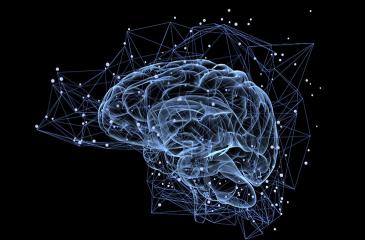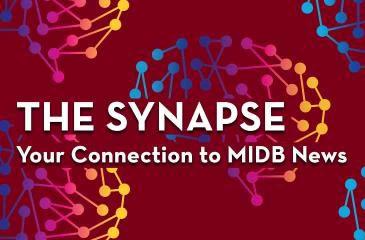News

Talking Mental Health and Brain Development with U of M
Learn more about the important implications early brain development has for mental health outcomes.

MIDB Welcomes Two Trainees This Summer
The students will work with MIDB researcher Casey Burrows.

MIDB Partners with RxART to Transform MRI Suite into Calming, Beautiful Environment
MIDB is the first Minnesota facility to partner with RxART to enhance its physical environment through visual art.

Recognizing the Individual in Population-Based Brain Imaging Studies
The new MIDB Precision Brain Atlas is an open resource of functional neural networks from over 9,900 individuals across ages and cohorts.

Transforming the Landscape of Behavioral Health Access for Geographically Dispersed and Military-Connected Children and Families across the Midwest
MIDB received $3.5M to lower barriers to accessing & navigating services for children with developmental/emotional/behavioral concerns.

The Synapse: Feb. 2024
At MIDB, we have amazing opportunities in the research and clinical spaces, and to be present and engaged in communities.

High School Students Who Report Using Alcohol, Cannabis or Nicotine at Higher Risk for Suicidal Thoughts and Other Mental Health Disorders
The research team found that alcohol, cannabis and nicotine use were each associated with an increased prevalence of suicidal thoughts.

MIDB Artwork Spotlight: "Fleur de Junk"
Created by local artist Stephanie Dillon, the 6 foot by 4 foot canvas is an acrylic medium.

Amy Hewitt receives prestigious distinguished achievement award
Amy Hewitt has been awarded the Association of University Centers on Disabilities George S. Jesien Distinguished Achievement Award.

The Synapse: Nov. 2023
Largest Long-Term Study of Early Brain and Child Development Launches at U of M.